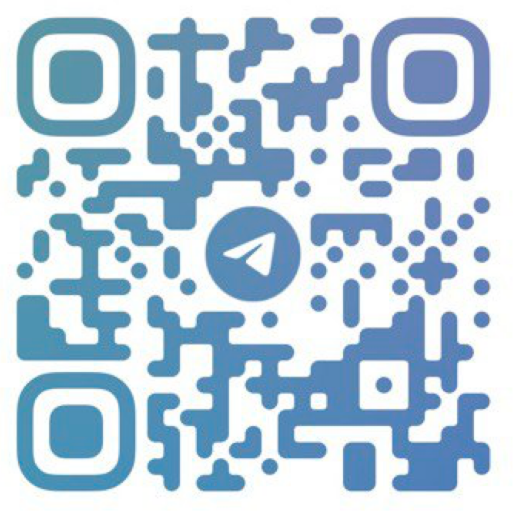










Huobi Translation site
Huobi is a cryptocurrency exchange based in Seychelles. The company was originally founded in China and currently has offices in Hong Kong, South Korea, Japan, and the...
Tags:cryptocurrency exchange huobi
Huobi is a cryptocurrency exchange based in Seychelles. The company was founded in China and has offices in Hong Kong, South Korea, Japan, and the United States. In August 2018, it became a publicly listed company in Hong Kong.
After the Chinese government banned Bitcoin exchanges in 2017, Huobi discontinued Bitcoin withdrawals. Huobi China continued to operate as a blockchain consulting and research platform.
As of March 2018, Huobi processed approximately $1 billion in daily trading volume.
The historical development of Huobi
Huobi was founded by Li Lin in 2013. As an alumnus of Tsinghua University, Li Lin was a computer engineer at Oracle Corporation before starting Huobi.
On May 15, 2013, Huobi Group acquired the domain huobi.com. On August 1, Huobi launched a simulated trading platform, followed by the launch of their Bitcoin trading platform on September 1.
In November 2013, Huobi received angel investments from Dai Zhikang and ZhenFund. In 2014, Huobi secured a $10 million venture capital investment from Sequoia Capital. In August 2014, Huobi acquired Quick Wallet, a Bitcoin wallet provider.
By December 2013, Huobi had surpassed a trading volume of 30 billion yuan, making it the largest digital asset trading platform in China at that time. In June 2016, its total trading volume reached 1 trillion yuan, and by November 2016, it reached 1.7 trillion yuan, accounting for over 60% of the global Bitcoin exchange market. On December 22, 2016, its daily trading volume exceeded 200 billion yuan.
In September 2014, Huobi announced through its official Weibo account that 920 Bitcoins and 8,100 Litecoins had been mistakenly deposited into 27 different accounts. The company promptly returned the lost cryptocurrencies.
In August 2017, Huobi and OKCoin allocated 1 billion yuan ($150 million) of idle customer funds to wealth management products, which sparked controversy.
In September 2017, the Chinese government banned initial coin offerings (ICOs) and domestic cryptocurrency exchanges, rendering many people's holdings virtually worthless, including users of Huobi exchange. In response, Huobi made adjustments to its business and organizational structure to facilitate global expansion.
In October 2017, Huobi officially expanded into South Korea, establishing a new headquarters in Seoul and opening trading in March 2018.
In November 2017, Huobi expanded its operations to Singapore, with a total trading volume exceeding 30 billion yuan in the first month. In December 2017, it launched an office in Tokyo, Japan, and announced its plans to establish two cryptocurrency exchanges in Japan in early 2018 through a partnership with the Japanese financial group SBI Group. In March 2018, Huobi announced its launch in the United States.
In August 2018, Huobi acquired a 74% stake in Plantronics Holdings, a Hong Kong-based electronics manufacturer, through a reverse takeover, making it a publicly listed company on the Hong Kong Stock Exchange.
In November 2020, Huobi launched Huobi Labuan, a regulated cryptocurrency exchange based in Malaysia.
In September 2021, Huobi announced that it would cease serving customers from mainland China due to new regulations.
In May 2022, Huobi announced the acquisition of Bitex, a Latin American cryptocurrency platform.
Huobi Research and Partnerships
In April 2015, Huobi collaborated with Tsinghua University on the "Digital Asset Research Program" and sponsored the "Digital Asset Research Project" at the Tsinghua University PBC School of Finance Internet Finance Laboratory.
On July 1, 2016, Huobi Blockchain Research Center released a report titled "Blockchain: Defining a New Future for Finance and Economy".
On December 20, 2016, under the guidance of the Shenzhen Municipal Government, Huobi joined the Fintech Digital Asset Alliance (Shenzhen) along with the China Financial Technology Research Institute.








